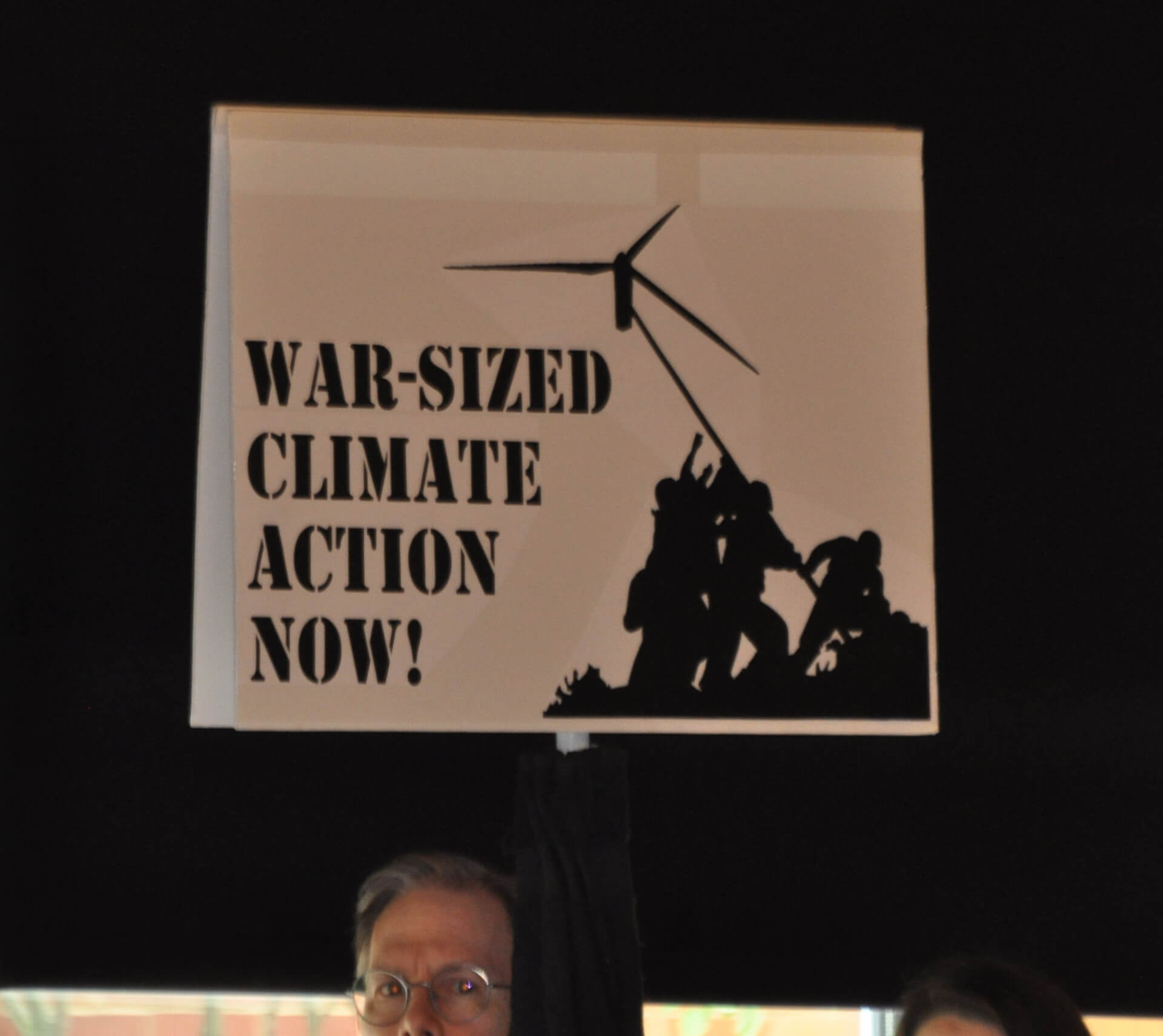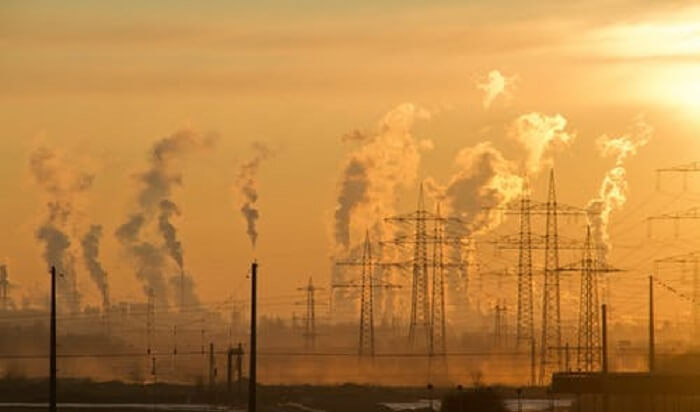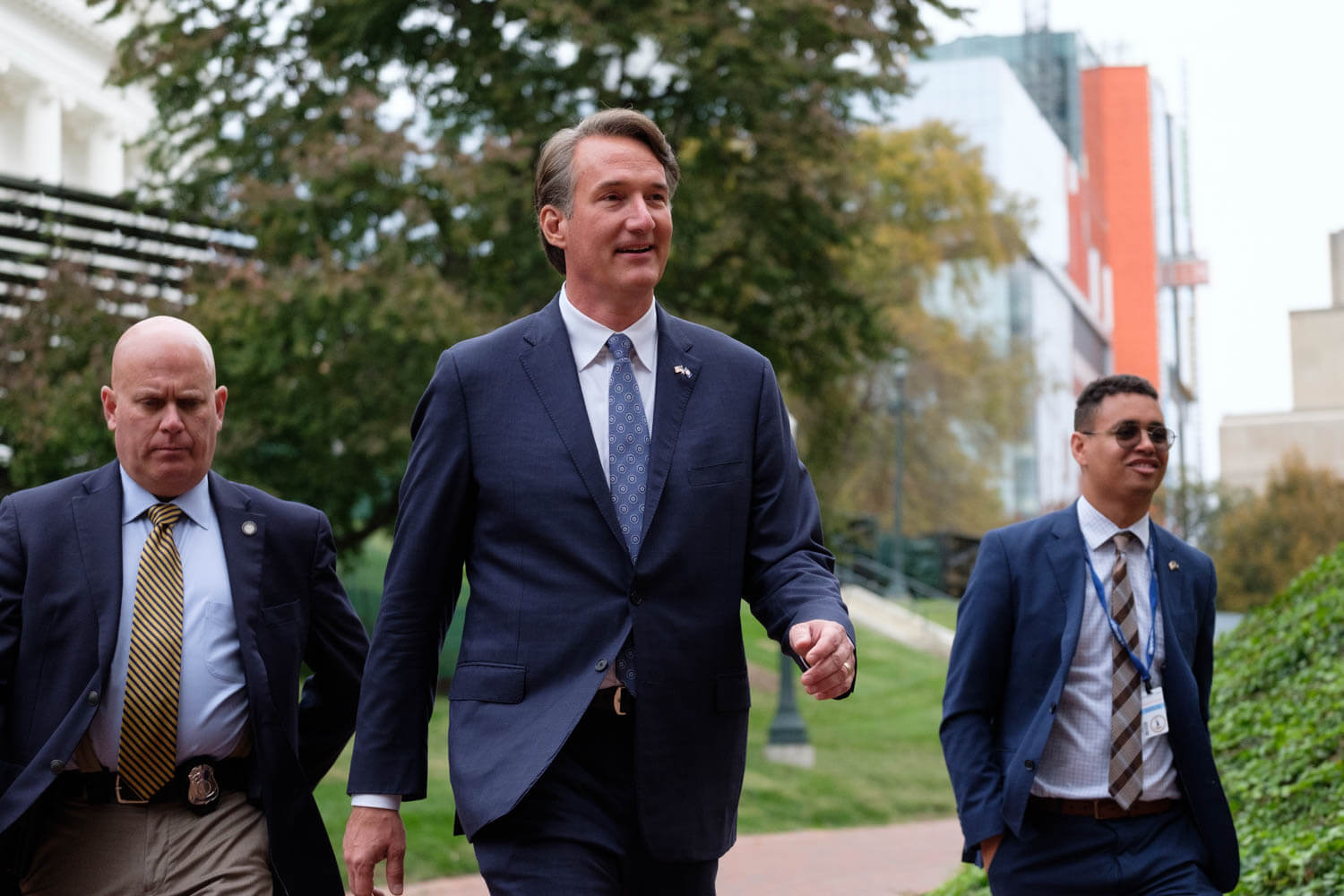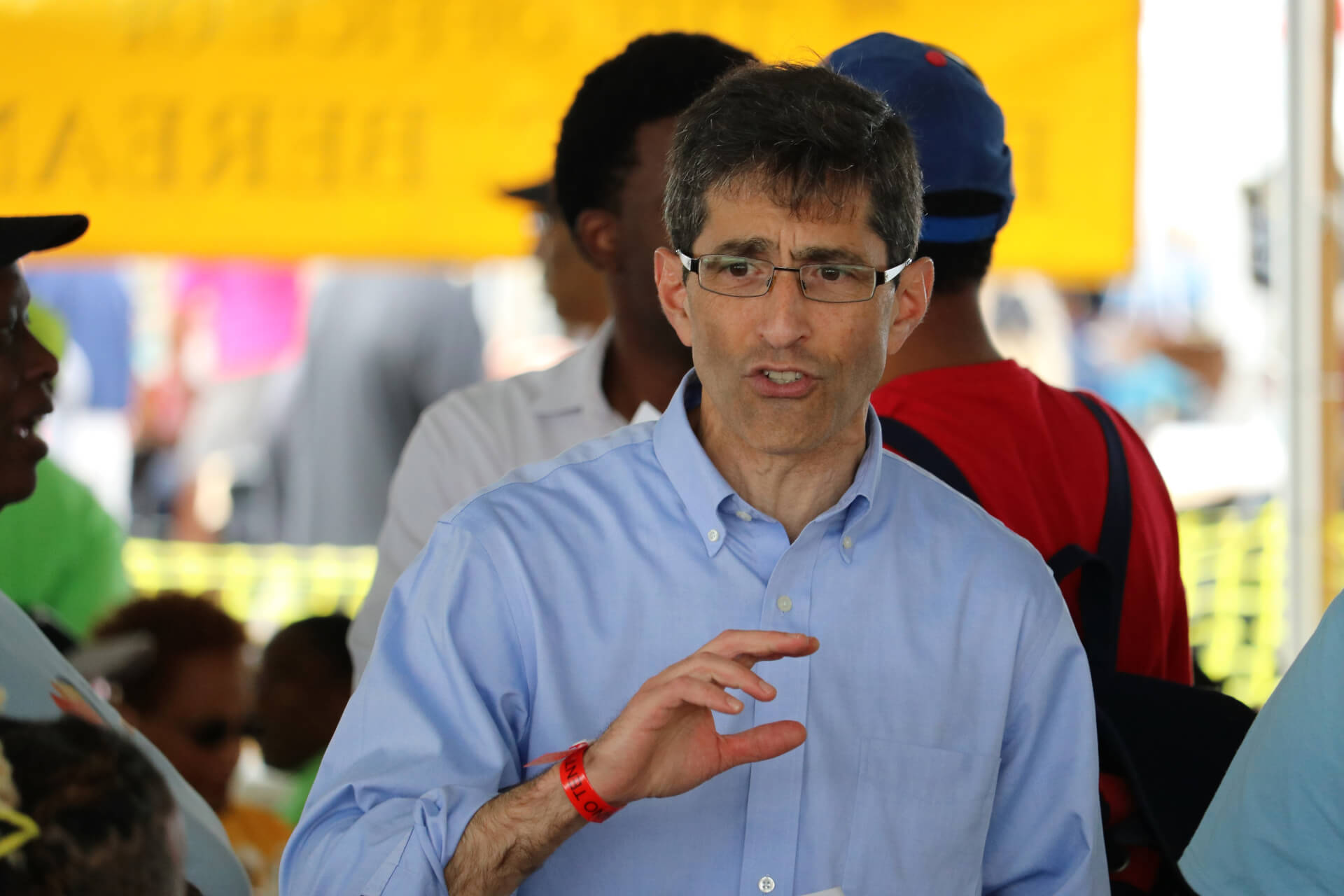
As we approach “crossover” day in the State House Monday, our Maryland leaders should ask themselves: What will be Maryland’s climate legacy this year?
That day, at which bills must pass one chamber of the General Assembly and “cross over” into the opposite chamber in order to have a good chance of passing, imposes a serious deadline. Unfortunately, many good bills that would take significant action on climate have yet to reach this point.
Our planet is in the midst of an unprecedented climate crisis, caused by unsafe and poorly-mitigated burning of fossil fuels. The United Nations’ Intergovernmental Panel on Climate Change has made it overwhelmingly clear that we have 10 years to reduce our climate-disrupting emissions to levels that will avoid the worst impacts of a warming planet.
This means the world must cut greenhouse gas emissions 7.6% per year to keep warming below 1.5 degrees Celsius and avoid the threat of irreversible climate destabilization.
As one of the wealthiest states in one of the wealthiest countries in the world, Maryland, which is particularly susceptible to changing weather patterns, has a responsibility to lead with aggressive pollution reduction plans and policies, and to craft those policies with an understanding that not all communities are equally impacted by these issues.
For example, race – even more than class – is the number one indicator for the placement of toxic facilities in this country. And communities of color and low-income communities are often the hardest hit by climate change. Bold climate action is the only moral and ethical option.
The Maryland Climate Coalition has been on the forefront of state-wide climate legislation for a decade. Today, our members include 29 organizations representing environmental, faith, labor, transportation, and community interests. The climate action movement in Maryland is growing quickly as impacts on our communities and the rest of the planet worsen. Our elected officials must show that they are responding to the climate crisis with the same urgency that communities experience it.
The coalition is united in our belief that Maryland has a responsibility to meet or exceed the goals laid out by the Intergovernmental Panel on Climate Change. To align with these goals, we are proposing, among other measures, the most stringent economy-wide emission reduction targets in the country under Maryland’s Greenhouse Gas Reduction Act.
We have a vision for climate action that looks at the entirety of the greenhouse gas problems our state is experiencing from every major source — not just energy usage. Our focus has expanded to include the electricity, transportation, industrial, commercial, residential, agricultural, and forest sectors.
We believe Maryland can be an example to other states of how to solve such a huge, existential crisis.
Our vision includes:
-
An aggressive effort to reduce overall greenhouse emissions by 60% by 2030 and to net zero by 2045, and net negative after that — numbers that are consistent with the best available science on what actions can avert catastrophic changes to our climate;
-
A plan to transition from fossil fuel infrastructure to clean energy while creating high quality new jobs, ensuring that no Marylanders are left behind and that all communities realize the economic and health benefits of the clean energy economy;
-
A decision to promote energy democracy and put decisions related to energy supply into the hands of the people;
-
Increased investment in affordable, reliable public transportation, and higher density housing located near transportation hubs so we can live closer to workplaces and decrease reliance on cars;
-
An investment in transitioning buses, fleets, and other light-duty vehicles to electric vehicles;
-
An investment in retrofitting buildings and constructing more net zero energy schools and homes;
-
A shift in in land uses and agricultural subsidies to promote healthy soil practices that could sequester carbon, decrease greenhouse gases, and protect the Chesapeake Bay watershed, as well as enhance natural forests and protect vital wetlands.
-
A greater effort to support composting and recycling.
Unfortunately, the governor’s proposed “Clean and Renewable Energy Standard” (CARES) fails to put us on track to meet mid-century targets identified by the world’s leading climate scientists, and continues to rely on the burning of fossil fuels which are neither clean nor renewable. Simply put, the plan does not rise to the challenge of this moment, and it puts our whole state at unacceptable risk, and especially our most vulnerable populations and coastal communities.
Our agenda is sweeping and aggressive, but the clock is ticking. The urgency of the climate crisis demands that we expedite the legislative process. We are encouraging the General Assembly to pass the bills listed below this year. And we encourage all Marylanders to join us in asking the same of their legislators.
GREENHOUSE GAS REDUCTION ACT REFORM
-
HB1425/SB926 – Climate Solutions Act of 2020 (Del. Dana L. Stein/Sen. Paul G. Pinsky)
RENEWABLE PORTFOLIO STANDARD (RPS) CLEANUP
-
HB98/SB168 – Electricity – Renewable Energy Portfolio Standard – Qualifying Biomass (Del. Dereck E. Davis/Sen. Delores G. Kelley)
-
HB438/SB560 – Renewable Energy Portfolio Standard – Eligible Sources (Del. Nick J. Mosby/Sen. Michael R. Hough)
PUBLIC SERVICE COMMISSION CLIMATE TEST
-
HB531/SB656 – Utility Regulation – Consideration of Climate and Labor (Del. Lorig Charkoudian/Sen. Benjamin F. Kramer)
TRANSITION OFF COAL
-
HB1545/SB887 – Electric Generation – Transition From Fossil Fuels – Carbon Dioxide Emissions Rate and Transition Account (Del. Kumar P. Barve/Sen. Christopher R. West)
COMMUNITY CHOICE ENERGY
-
HB561/SB315 – Electric Industry – Community Choice Energy (Del. Charkoudian/Sen. Pamela G. Beidle)
TRANSPORTATION
-
HB368/SB424 – Transit Safety and Investment Act (Del. Brooke E. Lierman/Sen. Craig J. Zucker)
-
HB111/SB734 – Electric Vehicle Recharging Equipment for MultiFamily Units Act (Del. Marc Korman/Sen. Clarence K. Lam)
-
HB1223 – Clean Cars Act of 2020 (Del. David Fraser-Hidalgo)
-
HB0432/SB423 – Electric Bus Transition Act (Del. Korman/Sen. Zucker)
-
HB1233 – State Vehicle Fleet – Conversion to Zero-Emission Electric Vehicles (Del. Fraser-Hidalgo)
-
HB1526 – Transportation Carbon Reduction Fund – Establishment (Transportation Carbon Fund Act) (Del. Korman)
-
HB1451 – School Bus Purchasing – Zero–Emission Vehicle – Requirement (Del. Fraser-Hidalgo)
RETROFITS OF EXISTING BUILDINGS AND NEW BUILDING STANDARDS
-
HB1295 – School Clean Energy (Del. Jared Solomon)
-
HB192/SB299 – Department of General Services – Energy Conserving Standards (Maryland Sustainable Building Act of 2020) (Del. Terri Hill/Clarence K. Laml)
COMPOSTING/RECYCLING
-
HB589 – Solid Waste Management – Organics Recycling and Waste Diversion – Food Residuals (Del. Charkoudian)
HEALTHY SOILS
-
HB687/SB597 – Agriculture – Cost Sharing Program – Fixed Natural Filter Practices (Del. Stein/Sen. Ronald N. Young)
-
HB395 – Maryland Strategic Energy Investment Fund – Regional Greenhouse Gas Initiative – Use of Proceeds For Maryland Healthy Soils Program (Del. Carol Krimm)
-
HB1176 – Maryland Healthy Soils Grant Program (Del. Stein)
— MARYLAND CLIMATE COALITION




 Creative Commons Attribution
Creative Commons Attribution